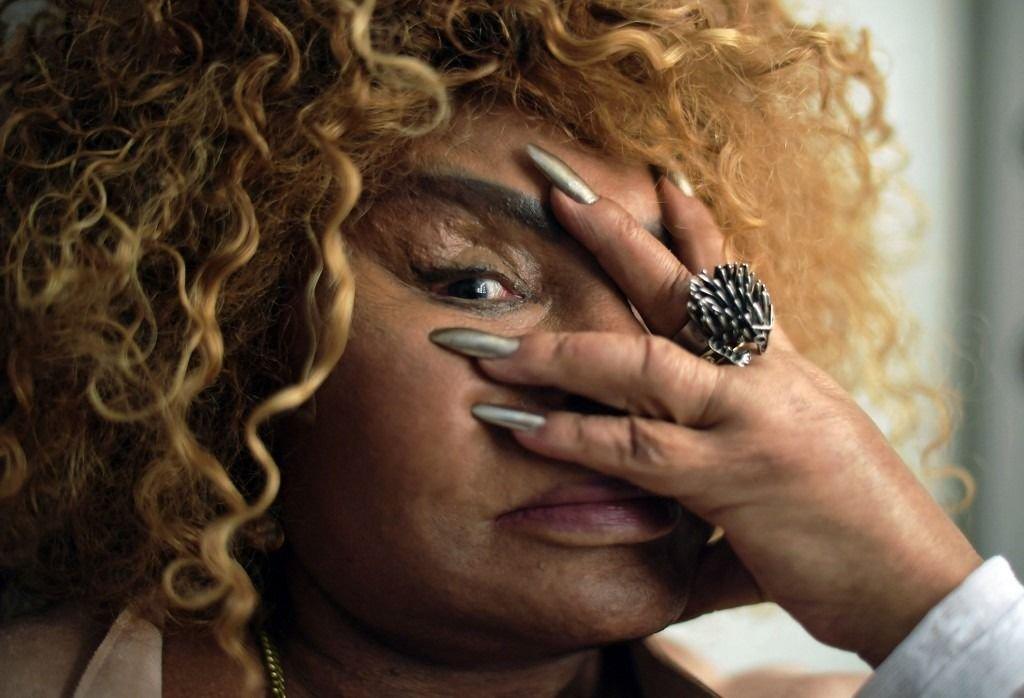Elza Soares, the diva of Brazilian music from the "planet of hunger"
The black diva of Brazilian song Elza Soares, who died this Thursday at the age of 91 in Rio de Janeiro, marked the history of music with her versatility and her personality, a symbol of resistance and courage.
Born on June 23, 1930 into a poor family, Elza went through the most diverse environments, from her precarious beginnings in a favela in Rio de Janeiro to stages and concert halls around the world.
With more than thirty albums over more than 60 years of eclectic career, which started with samba and encompassed genres such as jazz, bossa nova, funk or hip hop, this diva with a characteristic raspy voice and overwhelming personality was consecrated in 1999 by the BBC as "Brazilian singer of the millennium".
Like her career, the personal life of Elza Gomes da Conceição Soares, who died on Thursday of "natural causes" at her home, has alternated joys and dramas.
She forced to marry at age 12, she had her first child the following year. At 21, she was already a widow, after giving birth to seven children, of whom only five survived.
In 1953, she came to the Tupí radio station to sing in exchange for a few pesos to buy medicine for her sick baby, dressed in clothes borrowed from her mother and adjusted with pins,

When the host of the program sarcastically asked her "And what planet do you come from?", she blurted out: "From the planet of hunger."
Following her performance, the host declared, "Ladies and gentlemen, a star is born."
In 1962, during the World Cup in Chile, where she was invited to be the godmother of the Brazilian team, the American jazz legend Louis Armstrong was enchanted by the singer and her "saxophone in her throat"
How to prevent #glaucoma? A healthy diet filled with green, leafy veggies & foods rich in vitamin C & zinc to prote… https://t.co/LKO7rpYreP
— IOA Mon Jan 16 17:50:33 +0000 2017
For 17 years, she had a passionate and stormy relationship with Garrincha, a Brazilian soccer legend who died in 1983 from cirrhosis as a result of his alcoholism.
Three years later, the couple's son died at the age of 9, in a traffic accident. Four of the artist's eight children died.
- "You have to live, have strength" -
Easily recognizable by her dramatic makeup, oversized wigs and sky-high heels, the singer experienced several musical renaissances.
In 1984, she recorded "Lingua" with Caetano Veloso. In 1999, the BBC crowned her "Brazilian singer of the millennium". At the opening of the Pan American Games in Rio in 2007, she was chosen to sing the Brazilian national anthem a cappella.
With the release of the album "A Mulher do Fim do Mundo" ("The Woman from the End of the World") in 2015, new generations discovered her.
The album, which deals with racism, machismo and violence against women, was a resounding success and won the Latin Grammy for the best album of Brazilian songs.
Starting with "Deus é mulher" ("God is a woman") released in 2018, the public saw her singing sitting down, after several operations on her back that reduced her mobility.
But she didn't lose an iota of her enthusiasm.
"I'll tell you something: my age has nothing to do with my energy," she confided to AFP on the occasion of the release of that album.
The singer was also critical of the conservative wave linked to the growth of neo-Pentecostal churches in Brazil, as well as the profound inequalities in a country still plagued by serious problems of racism.
"We live in a country full of prejudice, it's horrible. It's my country, I love it madly. But we practically have no rights. The poor, the blacks, the women, where are their rights?" She protested.
"I'm not afraid of death, I'm afraid of life. It's so bad for people that I say to myself, 'My God, how can they bear it?' But you have to live, you have to have strength," she confided.
jm/gm










Related Articles